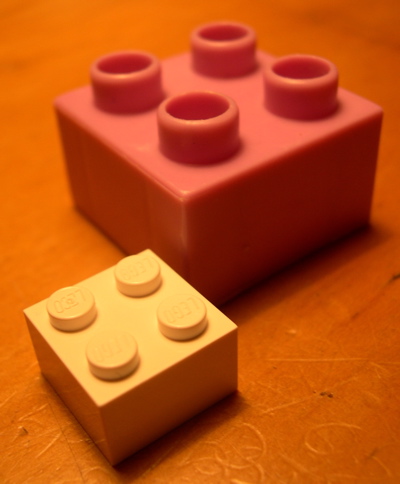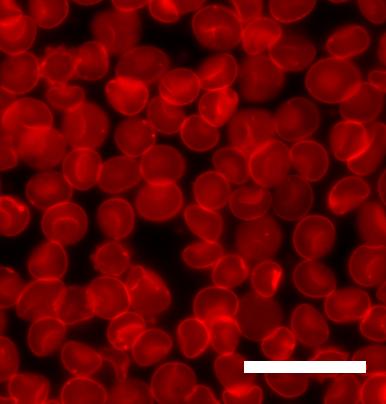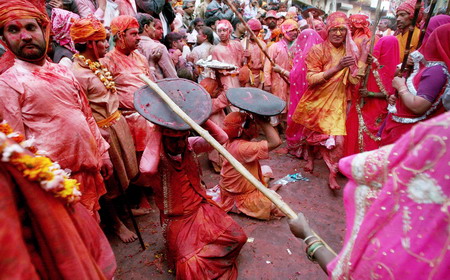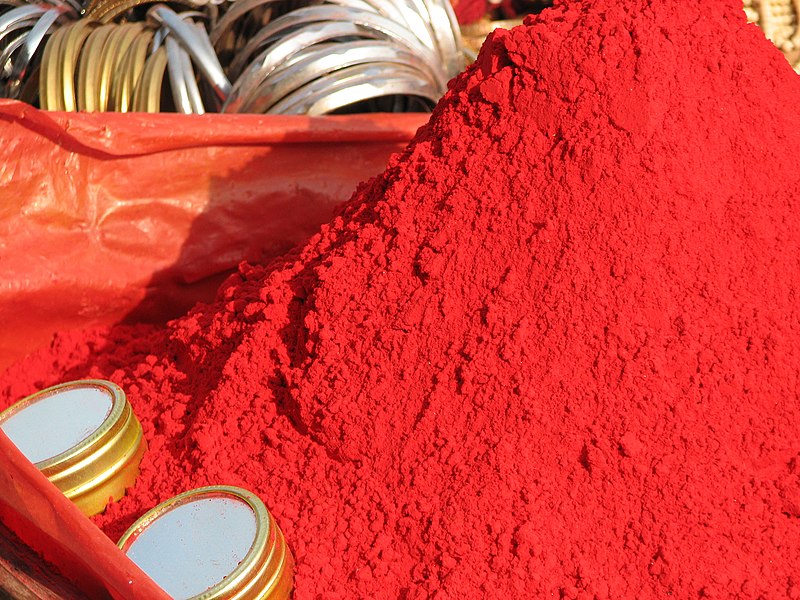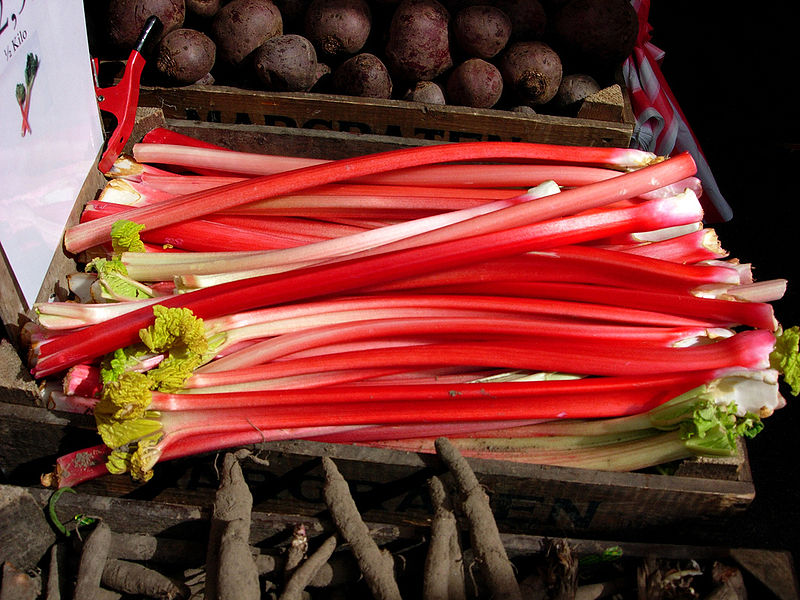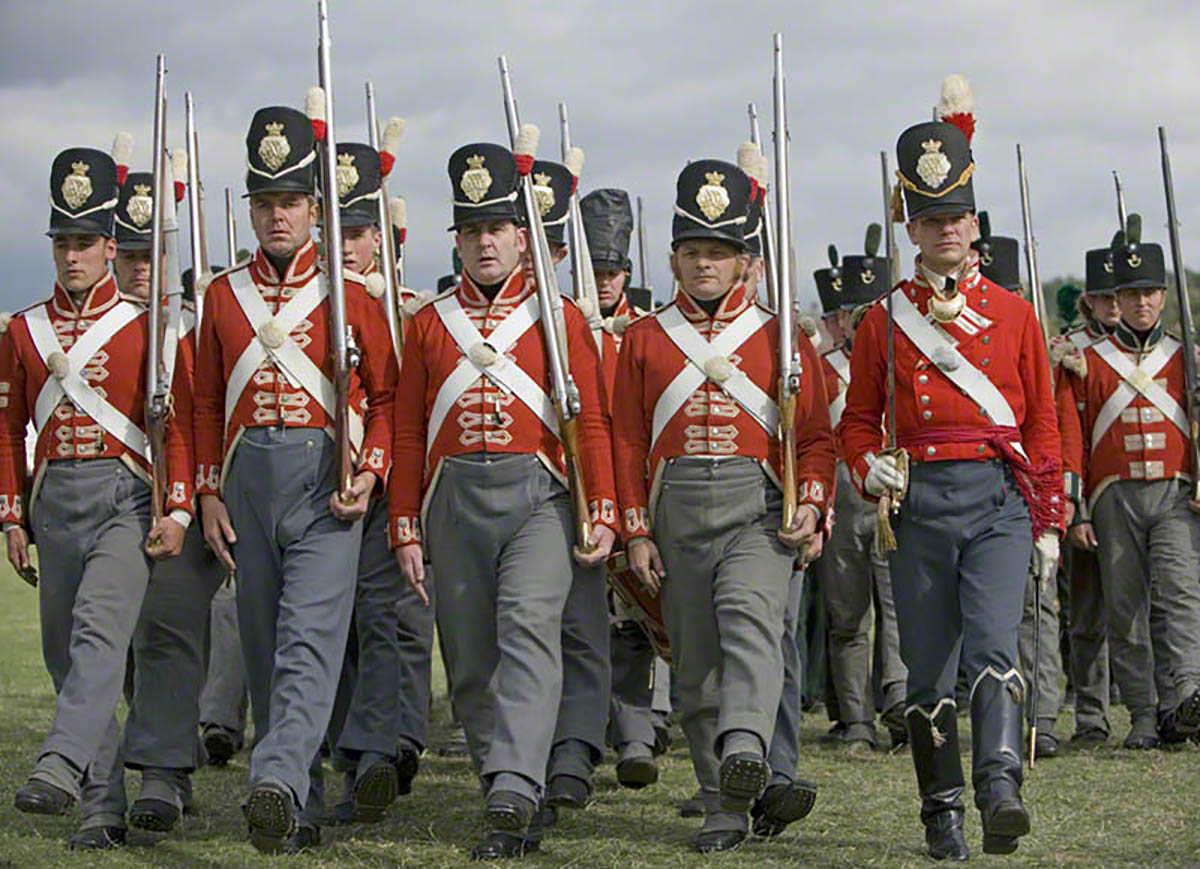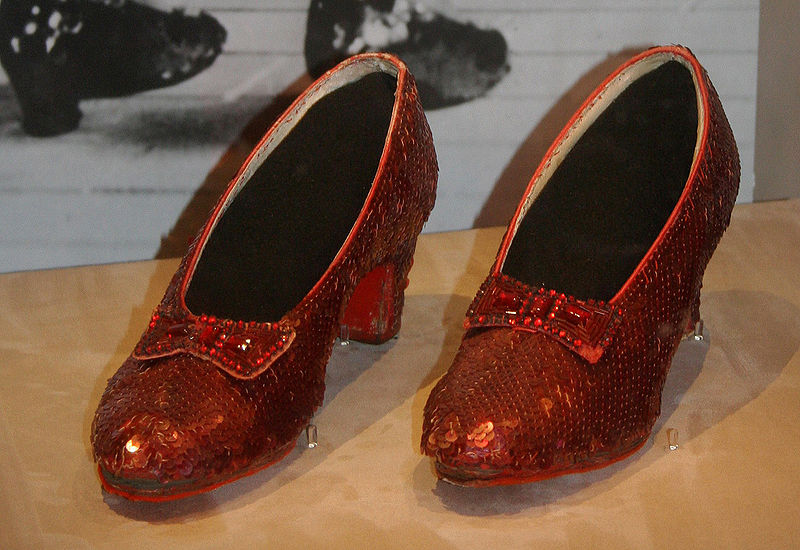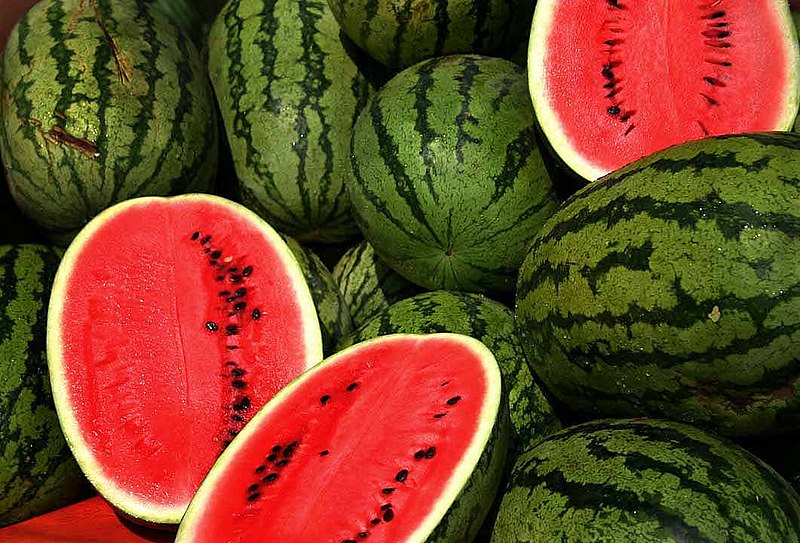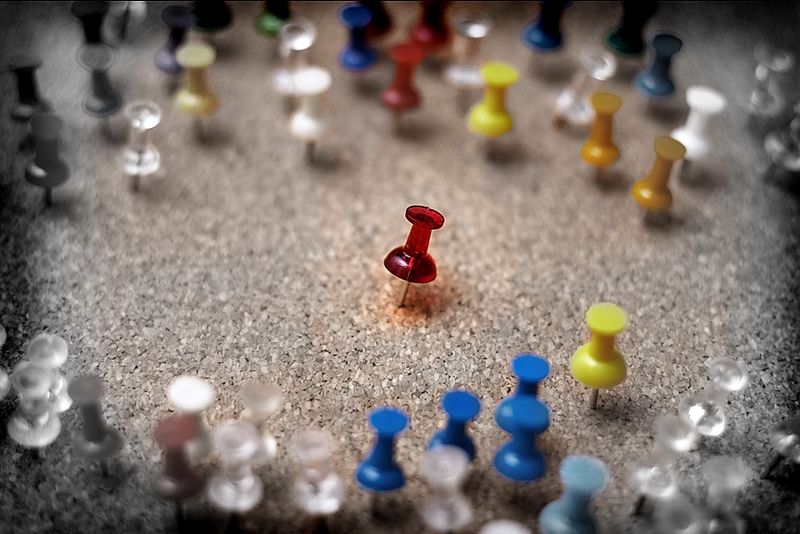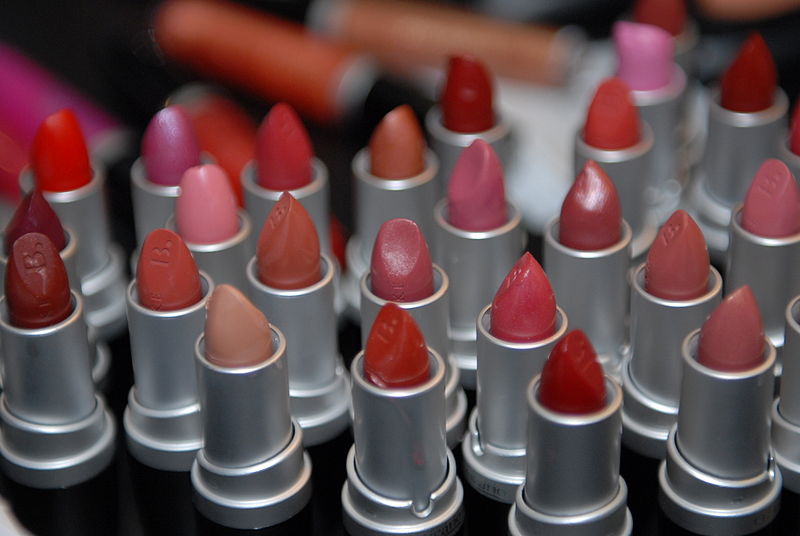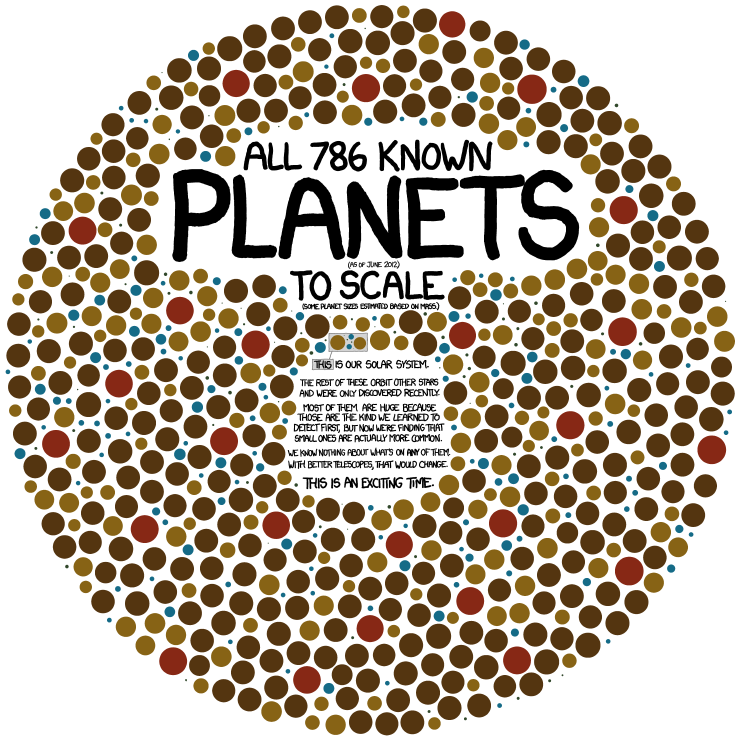28 July 2012
08 July 2012
Books With a Past
 | |
| The bookplate in my copy of The Great Good Thing by Roderick Townley (recommended). |
But times have changed. I'm in college, and have found that sometimes one serves the spirit of a book best and learns from it most thoroughly when one marks it up. I underline in my books now and scribble notes in the margins. I haven't persuaded myself to highlight yet, but the day may come. I also write my name in any book I don't think I'll want to sell to a grateful underclassman. (I say that with no condescension; I was that grateful underclassman myself.) I've considered getting bookplates, but in the end concluded that my handwritten name was better - partly because I've become fond of the inscriptions and labels in used books I've bought. They hint at the life the book had before it came to me.
In the upstairs bookcase there's an old, old book of American poetry that's been in the family for years, in which my great-grandfather scribbled notes enough to cover the back endpapers. There's the name and address from a nearby town in the book of English poetry I bought in a thrift store. The single name "Nolan" is scribbled in my copy of Goops and How to Be Them by Gelett Burgess. There are stamps and card pockets in discarded library books, sometimes from another state. There's the note on the front endpapers of Gulliver's Travels (which I've yet to read!): "To John - Happy Birthday! Lots of good wishes and lots of good reading. Love, Aunt Lois & Uncle Lewis." All these books had lives before I picked them up; other readers laughed at them, gawked at them, frowned at them, contemplated them. These inscriptions remind me that my experience of a book is something to be enriched, not interrupted, by others' thoughts. They remind me that reading at its best is a dialogue, not a one-way street. They remind me that I don't read alone.
In the past, I would reach the blank last page of my "clean copies" of books and find I had a swelling tide of questions, comments, and arguments, which I expended on my family and wished I could share with a wider circle of readers. The history of my books urges me to find these other readers, book in hand, and ask them, "What did YOU think?" And maybe, someday, I'll pass on my books with an added inscription of my own, vaguely linking my reading with the next reader's, and somehow, anonymously, linking our two lives.
-----------------------------------------------------
It turns out I'm not the only one interested in book inscriptions from people I've never met. See this blog, Lonesome Books, for a wide variety of inscriptions. I was also interested in this New York Times article, which tells the story of a man who reconnected with an old friend through finding some old books that had his name in them.
Also, if you're looking for a rationale for marking the text of your books, I recommend "How to Mark a Book" by Mortimer J. Adler - it's the essay that persuaded me.
07 July 2012
Exoplanets {from XKCD}
Once upon a time, I wanted to be an astronomer. Now I'm glad at least I know enough to read the news with some intelligence. Things like this make me open my eyes wide and grin.
Subscribe to:
Comments (Atom)



